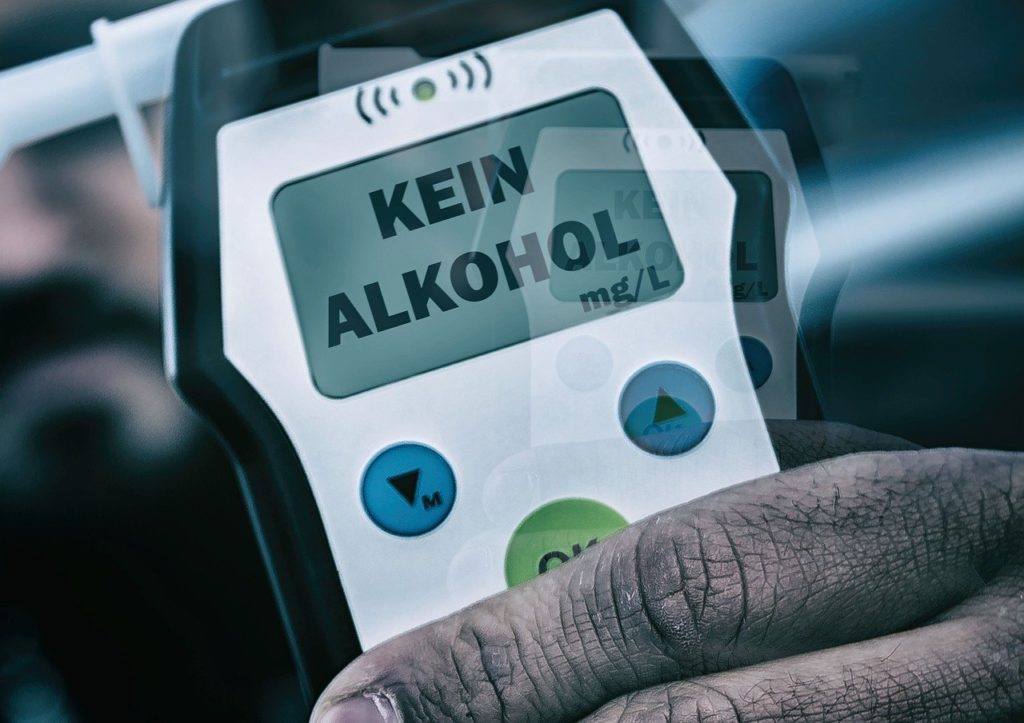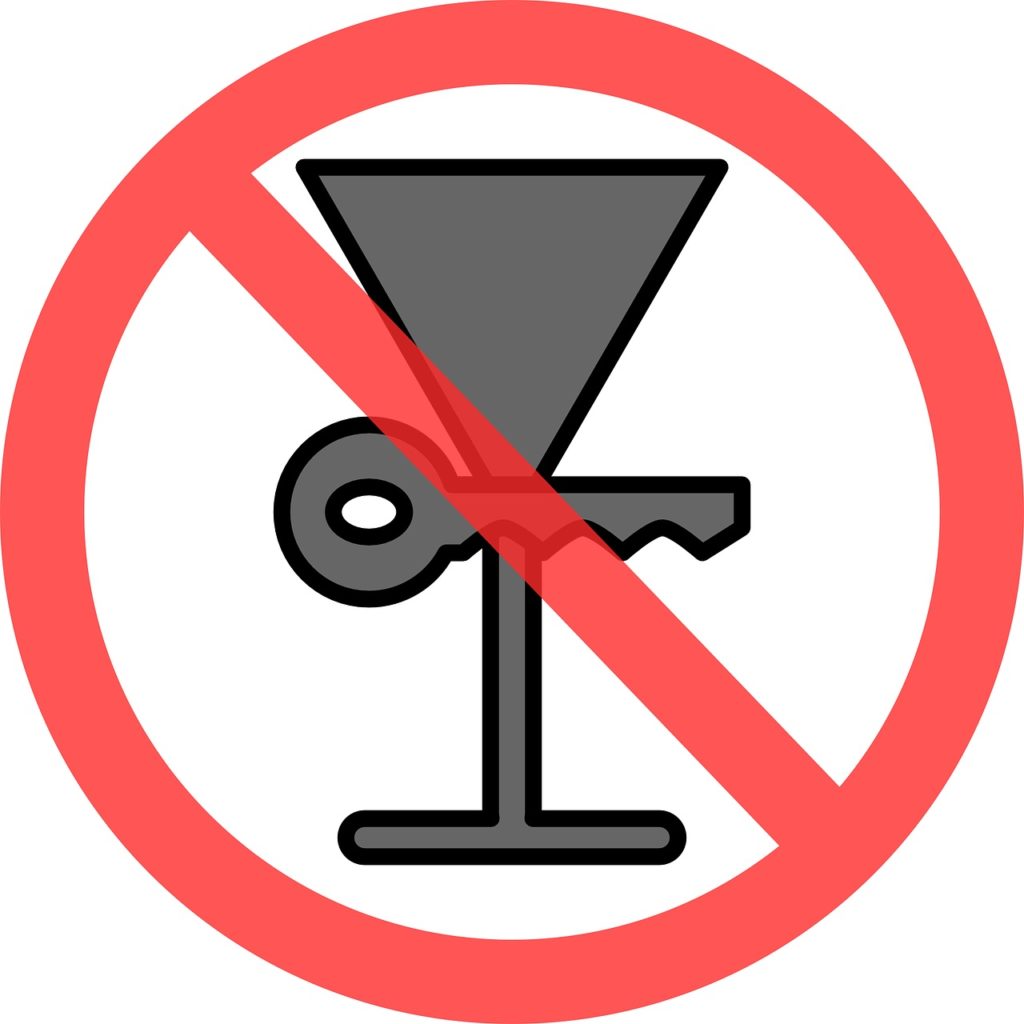It all started with a coworker inviting you out for Happy Hour. Before you know it, you’ve downed several drinks and are feeling a little woozy, but nothing a good night’s rest won’t fix. After all, tomorrow’s Saturday so you can sleep in.
Your car is parked out front, and even though you still have the frame of mind to know that you shouldn’t be driving in your state, you only live a couple of blocks down the road.
“It’s no more than a 5-minute drive,” you convince yourself. So, you get behind the wheel, crank up the engine and off you go. You get pulled over a few minutes later, and now you have a DWI charge on your hands. What’s next?
For starters, you need to find the best DWI lawyer in Houston to get you out of your current predicament. Here’s everything you need to know about what’s in store.

DUI vs. DWI in Texas
You are no doubt already familiar with the two terms. But what do they mean? A DUI in Texas is short for “Driving Under the Influence,” while DWI is short for “Driving While Intoxicated.” In some states, the two terms mean different things, with one referring to impairment caused by alcohol and the other by drugs or other intoxicating substances.
A DWI in Texas is the legal definition of this crime, although many people use both terms interchangeably. However, Texas DUI laws apply to individuals under the age of 21.
So, if anyone considered a minor under the Texas Traffic Code is caught driving with alcohol in their system, then they will be charged with a DUI. If their blood alcohol concentration is found to be at least 0.08 percent, then they will be charged with (the more serious) DWI.
Texas has a zero-tolerance policy on underage drinking and driving. Penalties include paying a fine of up to $500, having your driver’s license suspended for 60 days, completing between 20 and 40 hours of community service, and attending mandatory alcohol-awareness classes.
Minors aged 17 years and older could have to pay a fine of up to $2,000, spend between three and 180 days in jail and have their driver’s license suspended for anywhere between 90 days to a year. Second- and third-time DUI offenders face stiffer penalties. If your child is facing DUI charges, a Houston DWI lawyer is your best bet to keep them out of jail.
Texas DWI Penalties
If you operate a motor vehicle on a public road while you are intoxicated, you can be convicted of a DWI in Houston, TX. State law defines being “intoxicated” as lacking the normal use of both mental and physical faculties after consuming alcohol, drugs, or any other substance that can cause impairment.
It also defines intoxication as having a blood alcohol concentration (BAC) of at least 0.08 percent. Being arrested, however, doesn’t equate to getting convicted. So, for the most part, unless you take a plea bargain or plead guilty to the charges in a court of law, you won’t be facing any penalties unless you’re convicted.
An arrest without a conviction doesn’t exempt you from facing administrative penalties outside the confines of jail-/prison-time. The administrative consequences of a DWI charge include license suspension and mandatory fees.
On the other hand, if you get convicted, you could be staring at criminal penalties in addition to the administrative ones. If you get arrested on a DWI charge in Houston, ensure that you have the best DWI lawyer Harris County has to offer, to help you fight those charges.
DWI in Texas First Offense
DWI offenses in Texas are taken very seriously and bear severe financial penalties, even for first-time offenders. These are the most common criminal offenses committed even by those who don’t have a criminal history.
But, make no mistake about it. Being a first time offender doesn’t exempt you from being arrested and criminally prosecuted. So, it’s important to know what you’re up against if you ever find yourself in such a situation. Here’s what to expect.

Administrative Penalties
If you’re arrested for a first-time DWI offense in Texas, the Department of Motor Vehicles (DMV) reserves the right to impose license revocation penalties. If you refuse to submit to or fail a drug or alcohol test, the police officer is at liberty to confiscate your driver’s license on the spot.
You will, however, be issued with a “Notice of Suspension” which suffices as a temporary driving permit. You’ll then have 15 days from that date to request a hearing to appeal the license revocation.
Refusing to submit to a drug or alcohol test violates Texas DWI laws on Implied Consent. So, the DMV has no choice but to suspend your license for an extra 180 days after your temporary license expires.
First-time offenders are eligible for an “occupational license.” However, this limits your driving to specific places like work or school – basically any place that is deemed necessary for you to accomplish your essential household duties. To be eligible, you have to install an ignition interlock device (IID) (at your own expense) on all the vehicles you operate in addition to providing evidence of financial responsibility.
Criminal Penalties
First-time DWI offenses in Texas are categorized as class B misdemeanors. But, if the driver had a BAC of more than 0.15 percent, then it is classified as a class A misdemeanor.
Upon conviction, a DWI fine in Texas could see you pay up to $4,000 in fines, in addition to the administrative fees. You could also spend anywhere between 72 hours and six months in jail. If the BAC was more than 0.15 percent, possible jail time goes up to a minimum of one year.
The sentence also includes community service, probation, and attendance of a DWI education program. The motorist’s license also gets suspended for a minimum of 90 days and a maximum of 12 months, as well as a three-year annual license surcharge of between $1,000 and $2,000.
DWI in Texas 2nd Offense
Second-time DWI offenders face stiffer penalties if convicted when compared to first-time offenders. If you are arrested on a DWI charge within 10 years of a previous drug- or alcohol-related encounter which, in this case, could be anything from a prior DWI to refusing to submit to drug or alcohol testing, here’s what to expect.

Administrative Penalties
The DMV can suspend your license and impose fees regardless of whether you are ultimately convicted in a court of law. The initial “hard suspension” period lasts 90 days. You won’t be able to drive at all during this time.
Refusing to submit to or failing a drug or alcohol test gives the arresting officer the right to confiscate your license, at which point you’ll have 15 days from the date you were arrested to appeal the decision. If you miss this deadline, your license will remain suspended for 12 months commencing on day 41 of your arrest.
Failing the drug/alcohol test suspends your license for one year. However, you can apply for an occupational license to use during the suspension period.
If this is your second drug- or alcohol-related encounter in 5 months, the license suspension duration increases to 180 days up from the initial “hard suspension” 90-day period. You’re also required to pay the DMV annual license surcharge of $1,500 every year for three years. However, this amount goes up to $2,000 if your BAC was above 0.15 percent.
Criminal Penalties
A second offense DWI in Texas is considered a class A misdemeanor. Penalties for this include jail-time ranging from a minimum 30-day period up to a maximum of one year behind bars. While mandatory fines cannot exceed $4,000, the fees and penalty assessments you’ll have to pay can significantly increase this amount further.
Errant motorists could also be required to complete 80 to 200 hours of community service, undergo a maximum two year probation period, and complete a DWI education class, as well as a substance abuse evaluation/rehabilitation program. This is usually the second part of a DWI assessment. Drivers will also be required to install an IID on all vehicles they operate while their charges are still pending.
DWI in Texas 3rd offense
If this is your third DWI arrest within 10 years of a prior drug- or alcohol-related encounter with law enforcement, you will be charged with a felony crime which comes with some serious administrative and criminal penalties. You would need to retain the best DWI lawyer in Houston to help you fight those charges to get them reduced to a misdemeanor or reduce the prison time you’ll potentially be serving.

Here’s what you can expect.
Administrative Penalties
Regardless of whether you are ultimately convicted of a DWI, the DMV can still impose both punitive fees and license suspensions. If you fail a drug or alcohol test or refuse to submit to them, the law enforcement officer can confiscate your license on the spot.
You’ll have 15 days thereafter to appeal the suspension. Missing this crucial deadline will see your license remain suspended for 12 months starting from day 41 after your arrest.
If you’ve had a previous drug- or alcohol-related encounter with law enforcement within the last five years, you’ll get with an initial 90-day “hard suspension.” You won’t be able to drive at all until this period elapses. Afterward, you can apply for an occupational driver’s license. In addition to this, you will be required to pay the DMV an annual license surcharge of $2,000 every year for three years.
Criminal Penalties
If this is your third DWI arrest within 10 years, the charge gets elevated from a misdemeanor to a felony. Felony charges have more serious legal consequences, which could see you do anywhere between two and 10 years in state prison.
You could also pay up to $10,000 in fines. So, you need the best Houston criminal lawyer to get the best possible outcome in the case.
If convicted, you’ll have to complete a DWI education class, attend a DWI impact panel, complete up to 600 hours of community service, and have up to two years’ probation. After a convicted motorist completes their prison sentence, the conditions of their release will require them to install an IID on any vehicle they drive for one year from the date their license is reinstated.
DWI and Aggravated DWI – What’s the Difference
So, far we’ve looked at standard DWI charges in Texas. This means that an individual was arrested for operating a vehicle on a public road with impaired mental and physical faculties due to alcohol- or drug-related intoxication. To be convicted on a standard DWI charge, the burden of proof rests on the prosecution to show that your BAC was at least 0.08 percent.
An aggravated DWI in Texas, on the other hand, is something entirely different. It means that there are special or “aggravating” circumstances surrounding the standard DWI charges. These include:
- Having a BAC of more than 0.15 percent
- Having been previously convicted of a DWI
- Having a minor in your car at the time of the arrest
- Causing an accident that leads to injury or death while driving in an intoxicated state

An aggravated DWI charge increases the severity of the penalties you’ll be facing, even for first-time offenders, and ultimately rests on the aggravating factor in question. For instance, if your drunk-driving caused a crash that led to a fatality, the class B DWI misdemeanor is automatically elevated to a second-degree felony.
This carries up to 20 years in prison, as well as up to $10,000 in fines. If it caused serious injuries but no deaths, then you’ll face a third-degree felony which carries up to 10 years behind bars, as well as up to $10,000 in fines.
DWI Expungement Texas
If you’re wondering whether a DWI conviction can be expunged from your record in Texas, the answer is – it depends. To qualify for DWI expungement in Texas, you need to prove that:
- You were a minor at the time of the DUI arrest
- The DWI charges were never filed
- The courts dismissed your DWI case
- If your case went to trial, the judge or jury found you “not guilty”
- You won your DWI conviction appeal
Competence Is Key When Getting Legal Help
Before you hire an attorney to represent you in your DWI charge, ensure you pick the right one. Determine if they are qualified to handle your case to give you a fighting chance at reducing the severity of the charges you’re facing.
A DWI is a serious charge and can have lifelong implications. Don’t take any chances. Find the best DWI lawyer in Houston who’s willing to go to bat for you.
If you have more legal questions, you can also chat now with a Laws101.com attorney, where you’ll be instantly connected to a lawyer who can give you legal guidance on your specific case or question.
